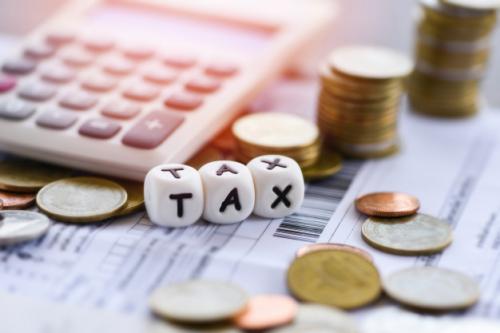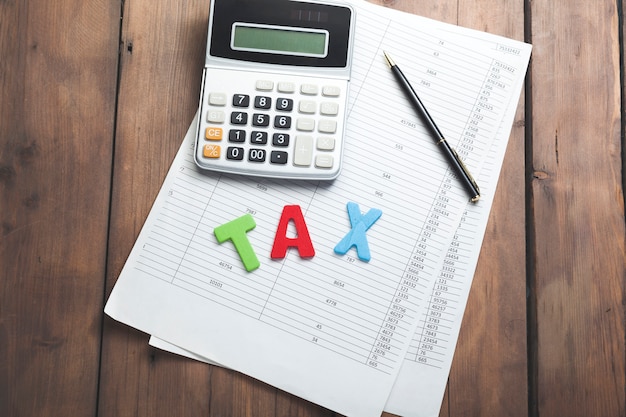Importance of Record Keeping in Tax Returns

Lodging tax returns at the end of the year is vital for the business firms, and the chief contents to present before the ATO are the whole year records. So, keeping the records safe and preserved is more crucial. The article has highlighted why the records must be kept for tax returns.
The Australian tax system depends on the self-assessment of the taxpayers, and the rule is the same in Hobart. The taxpayers have the responsibility to work out on the amount they can declare and claim on their tax returns. At the same time, they even have to show the processes through which they have derived the figures, often in some cases, they even have to provide the detailed written evidence.
For the purpose of preparing an accurate tax return and supporting the claims, it is necessary to maintain the records very carefully. These records are situation based, and it is better to keep every record, and not ignore a single one.

How is Record-Keeping Crucial to Tax Returns?
Legal Requirement
Hence, it is extremely crucial to ensure to have a clean and practical record-keeping procedure in place. According to law, the Australian Taxation Office, the business records have to be kept
- For 5 years once they are completed, obtained and done with every transaction
As stated by ATO on their website, the records must be kept for a longer time period, if the information is to be used from these specific records in the later tax returns, for instance, when a business activity had claimed a loss in the previous year. All the records must be preserved until the period comes to an end for the purpose of reviewing to take care of the later return.
The records are related to the assets necessary for capital gains and tax purposes, hence its necessity for long time preservation.
The records can be issued and stored both in paper and in electronic forms. Once the set up of the record-keeping system is done, then updating the daily records becomes a simple process. Thus, the taxpayers are allowed to take help from the professionals and solve their queries regarding the records.
At the same time, the ATO website has even warned about the penalties if the essential records are not properly maintained and not saving them for complete five years. Generally, the taxpayers keep the tax records for avoiding these penalties.
Additional Reasons To Keep Good Records
In fact, ATO websites cite more reasons for record-keeping like:
- Completing the business activity statements is easier and preparing the annual income tax as well as fringe tax returns benefits become faster.
-Monitoring the business health and making sound business decisions even become smooth when the track of debtors and creditors are kept to make sure of adequate cash flow.
- Exact records help in demonstrating the financial position to the banks and even to other lenders, as well as to the prospective buyers related to the business.
-The accountants and the tax advisers have to handle the paperwork. They should be provided with the well-constructed reports and must be paid for their assistance in business growth as well as for providing tax planning advice.
Aside from the tax disputes, the law requires the taxpayers to keep all the receipts, calculations, income proofs, nominations, income proofs, and the related records to support the tax return contents for five years. When the records are related to the company, then it has to keep the financial records for a period of 7 years, as stated by the Corporations Act 2001. But if the records are related to the superannuation funds, then a few of these records have to be kept for a total of 10 years which include the trustee meetings minutes, and all the copies of the reports handed over to the members.
Advertise on APSense
This advertising space is available.
Post Your Ad Here
Post Your Ad Here
Comments